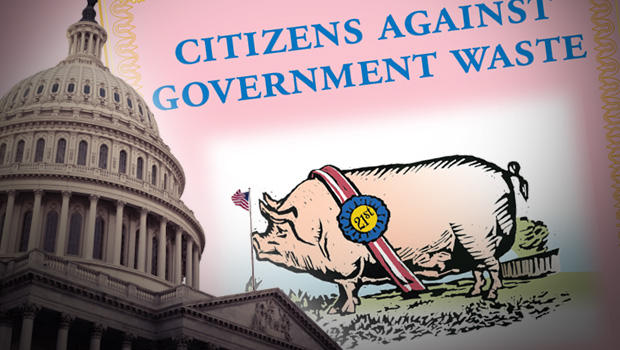The acquisition misadventures of the F-35 Joint Strike Fighter (JSF) program have been well-documented. In development for nearly 17 years and seven years behind schedule, the program is approximately $173 billion over budget and has encountered an abundance of persistent issues. An April 2015 Government Accountability Office report noted that the lifetime operation and maintenance […]
House Appropriations Boosts Spending for Costly F-35 Program… Again
On Wednesday, June 13, 2018, the House Committee on Appropriations passed the fiscal year (FY) 2019 Defense Appropriations bill by a vote of 48-4. The bill provides $674.6 billion in total spending for the Department of Defense (DOD), including $606.5 billion in base discretionary spending as well as $68.1 billion for the Overseas Contingency Operations […]
Are Republicans Serious About a Balanced Budget Amendment?
In 2018, Republicans have done little to separate themselves from Democrats when it comes to spending taxpayer dollars. On February 9, the Bipartisan Budget Act of 2018 eviscerated the last semblance of fiscal responsibility in Washington, the 2011 Budget Control Act, by allowing spending caps to increase by $300 billion over the next two years. […]
New House Bill to Permanently Ban Earmarks
The Earmark Elimination Act—H.R. 5369—would prohibit the House from considering any legislation containing earmarks, and it would strip any earmarks found in a bill being considered by the House before it could proceed.
Federal IT Procurement Gone Awry
The concept that federal information technology (IT) procurement should be technology and vendor neutral is among the best practices for federal government agencies. However, when a large federal agency issues an exceptionally large cloud contract to a predetermined vendor for a specific technology solution without competitive bidding, such a contract is neither technology nor vendor […]
President Trump is Right to Stop the Gateway Boondoggle
As Congress stares down yet another funding deadline on March 23, 2018, discussion over the $900 million earmark has resurfaced.
Myths and Realities: Earmarks
Reality: Earmarks are not the answer to mitigating the extreme partisanship that exists in Washington and are have nothing to do with getting things done.
The Clock is Delayed but Still Ticking for E-Cigarettes
The Family Smoking and Prevention Tobacco Control Act Tobacco became law in June 2009 and gave the Food and Drug Administration (FDA) authority to regulate the manufacture, distribution, and marketing of all tobacco products. On May 5, 2016, the FDA finalized a rule that brought all tobacco products under its authority, including Electronic Nicotine Delivery […]
The Can-Kicking Congress: Business as Usual
In political patois, “kicking the can down the road” connotes procrastination. As long as the proverbial can is kicked “down the road,” rather than picked up, then the proper disposition of the derelict container is put off until some future point in time. And much like the (equally proverbial) kicker’s aversion to taking definitive action on a relatively straightforward task, the U.S. Congress is composed of 535 “can kickers,” given their predilection to avoid taking action until the last possible minute. On Tuesday, September 5, 2017, when the current Congress reconvenes after its annual August recess, it will have less than a month to complete several “must pass” items.
Congressional Appropriators: Rating the “Third Party”
A practical reality of life on Capitol Hill can be summed up with a saying often attributed to Sen. John McCain (R-Ariz.). In his book, Worth the Fighting for, Sen. McCain writes that, “there are, it is often observed, three parties in Congress, Republicans, Democrats, and appropriators.” Further explained by Barry Popik, a contributor to the Oxford English Dictionary (among others), the saying “means that ‘pork barrel’ spending is nonpartisan.”






